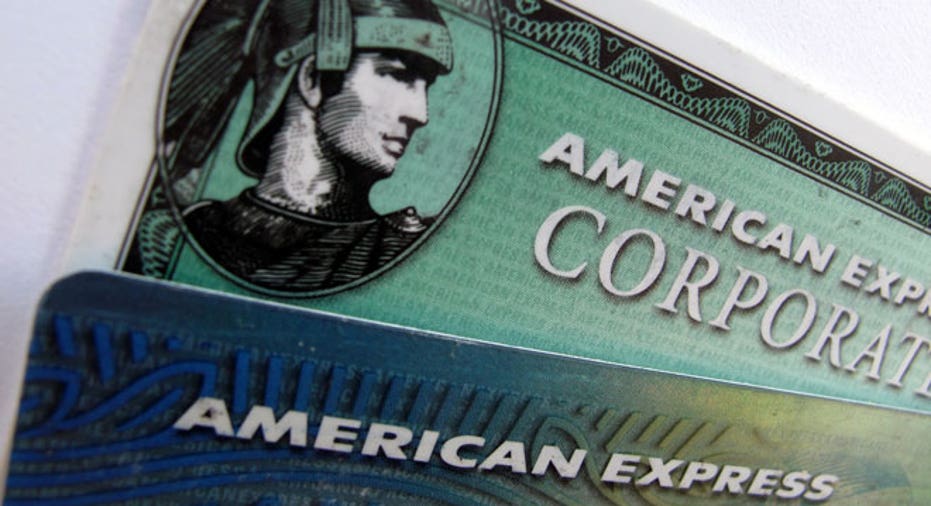Supreme Court Rules for American Express in Class Action Case

The U.S. Supreme Court ruled on Thursday that an arbitration agreement prevents merchants from bringing class action claims against American Express Co .
The nine-member court ruled on a 5-3 vote, with liberal Justice Sonia Sotomayor recused, that American Express's arbitration agreement did not preclude merchants from effectively vindicating their rights.
The case stemmed from a 2003 class action lawsuit, filed by restaurants, retailers and other merchants, alleging American Express violated antitrust law by forcing them to accept its credit cards as a condition of accepting its charge cards.
Charge cards require their holders to pay the full outstanding balance at the end of a billing cycle; credit cards require payment of only a portion, with the balance subject to interest.
The opinion was written by Justice Antonin Scalia and joined by the other four conservatives on the court. Justice Elena Kagan wrote the dissent for the three liberals who heard the case.
American Express argued that the lawsuit was barred by the arbitration agreement signed by the merchants. The merchants countered that the agreement should not be enforced because it would not be economically feasible for many of them to bring individual claims in arbitration.
The case has been closely watched by major corporations, which have increasingly relied on arbitration agreements to settle disputes with consumers and other parties.
Those arbitration clauses also frequently prohibit plaintiffs from banding together to bring one action on behalf of a larger class.
Consumer advocates claim the clauses give unfair advantages to companies. But in recent years, the Supreme Court has upheld their enforcement under the Federal Arbitration Act, which was intended to encourage their use.
The case is American Express Co et al v. Italian Colors Restaurant et al, U.S. Supreme Court, No. 12-133.



















